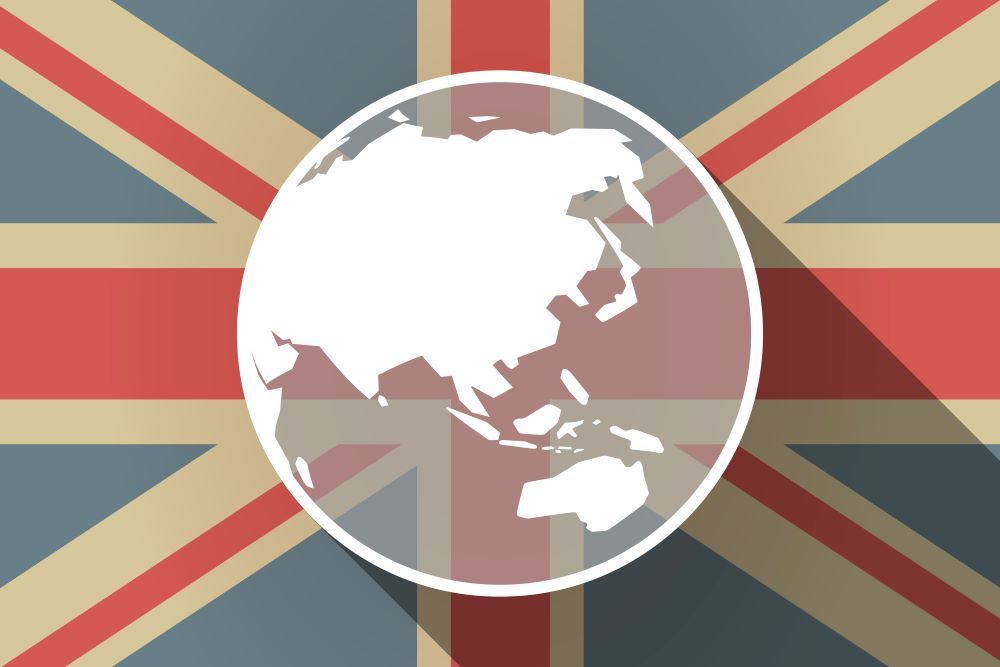
The UK has struck a deal to join the Comprehensive and Progressive Agreement for Trans-Pacific Partnership (CPTPP), it has been announced today (31 March).
The UK’s entry into the trade bloc follows two years of negotiations by the government, with the agreement announced at an online ceremony earlier this morning.
The bloc is home to more than 500m people and will be worth 15% of global GDP once the UK joins. Its membership includes nations across the Pacific region, including Japan, Chile and Malaysia.
The UK will be the first European member of the CPTPP and the first country to join since the creation of the bloc.
UK in ‘prime position’
Prime minister Rishi Sunak said:
“We are at our heart an open and free-trading nation, and this deal demonstrates the real economic benefits of our post-Brexit freedoms. As part of CPTPP, the UK is now in a prime position in the global economy to seize opportunities for new jobs, growth and innovation.
“Joining the CPTPP trade bloc puts the UK at the centre of a dynamic and growing group of Pacific economies, as the first new nation and first European country to join. British businesses will now enjoy unparalleled access to markets from Europe to the south Pacific.”
Business and Trade Secretary Kemi Badenoch said: “This is an important moment for the UK. Our accession to CPTPP sends a powerful signal that the UK is open for business and using our post-Brexit freedoms to reach out to new markets around the world and grow our economy.”
Membership benefits
The government estimates that joining will boost the UK economy by £1.8bn in the long run, with wages also forecast to rise by £800m compared to 2019 levels.
A major benefit being highlighted by the government is that more than 99 percent of UK goods exports to CPTPP countries will now be eligible for zero tariffs, including key exports such as cheese, cars, chocolate, machinery, gin and whisky.
One example cited is that UK exporters of confectionary to Mexico will now enjoy a zero percent tariff rate on these goods.
Growing exports
According to the government, total UK exports to CPTPP countries were already worth £60.5bn in the 12 months to the end of September 2022, with this now expected to grow.
The UK’s services industry could also benefit from reduced regulation and enjoy greater access to growing Pacific markets.
New trade ties ‘important’
The director general of the Institute of Export & International Trade, Marco Forgione, said: "Trade agreements have been out of public and political consciousness for more than two generations because the UK was a member of the EU for almost fifty years.
“There has never been a more important time for the UK to forge new trade agreements and partnerships and CPTPP will help open corridors and links which make trade in services, new technologies and future industries easier.
“In recent months the UK’s relationship with EU has improved dramatically which our members welcome, and I’m pleased that the government has put so much effort in to overcoming many of the problems which existed.
“This partnership with Pacific countries allows the UK to build a deeper engagement with some of the world’s most dynamic economies. Accession to CPTPP helps establish more resilient supply and value chains at a time when global supply chains are in flux, there are geo-political reasons for accession. Joining CPTPP would not have been possible whilst the UK remained in the EU.”
What now?
Shanker Singham, CEO of trade law and economic policy consultancy Competere, wrote in the Telegraph that joining the CPTPP now precluded the UK from re-joining the EU, citing regulatory control as a key factor.
Other trade experts were sceptical of this argument, stating that many of the key benefits were geo-strategic rather than economic.
The UK already has existing trade deals with CPTPP members such as Australia and New Zealand, and is also currently in negotiations with other member states including Canada and Mexico.



